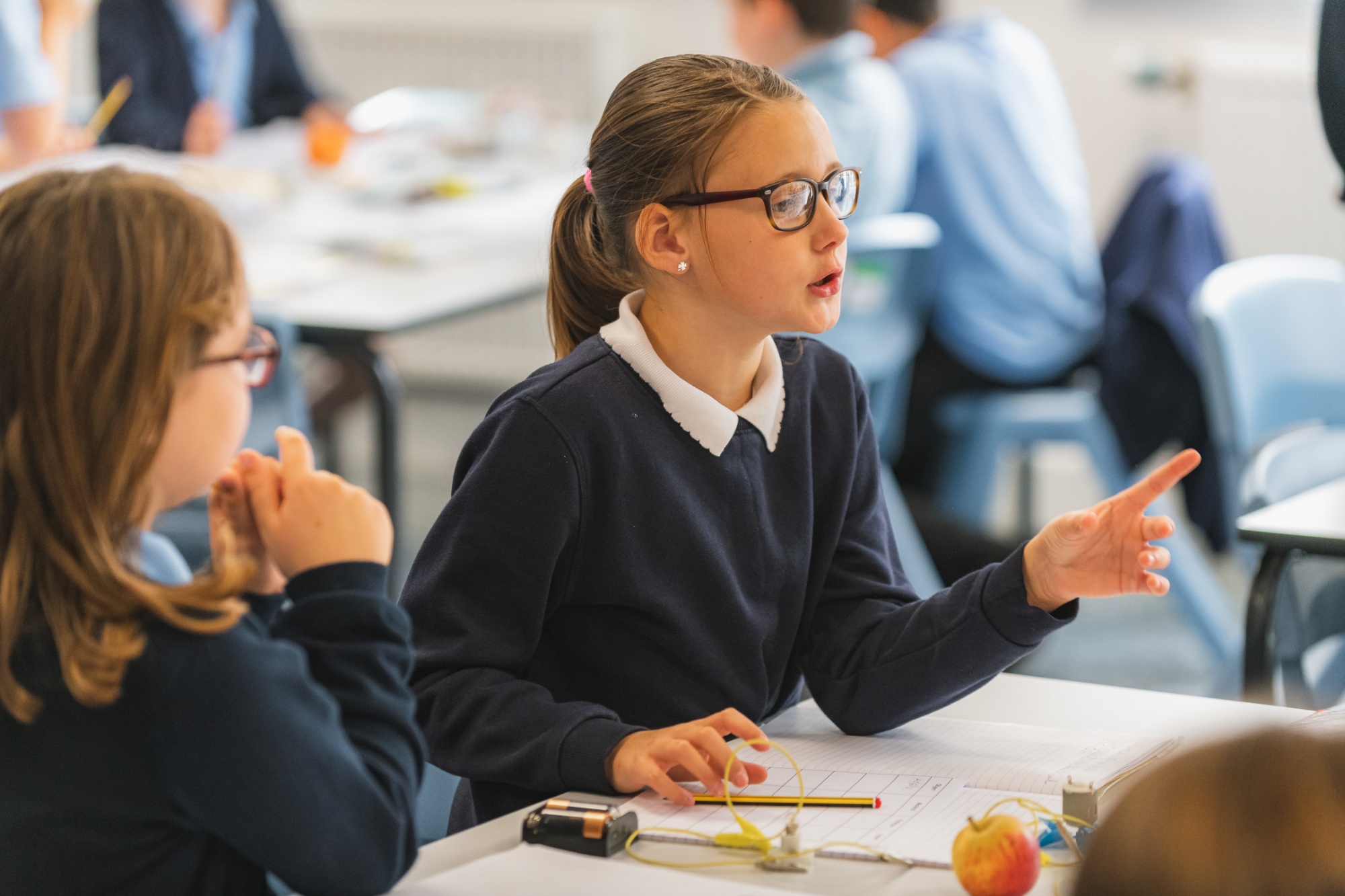
Supporting your child to transition to school
Please know that we have no specific expectations for your child as they start school, every child is unique and we celebrate this!
You can help your child practise a number of key skills that will really help them when they start school:
- Manage toilet routine alone
- Wash and dry their hands (without needing adult reminders)
- Put on and attempt/try to fasten their own coat
- Put shoes on the correct feet (using a sticker cut in half can help with this)
- Dress and undress into PE kit
- Use a knife and fork to cut food and eat food
- Listen to and follow simple instructions
- Wait their turn for things
- Tidy up and put things away when they have finished with them
- Hold a pencil comfortably to draw
- Answer people correctly using ‘please’ and ‘thank you’ when appropriate
You can help in other ways too;
- Share a range of books together (stories, fact/information books, rhymes and poems)
- Play imaginative games and pretend with them
- Enjoy playing board games (including games using a dice)
- Talk, talk, talk! Encourage your child’s language skills, ask them lots of questions and support them to ask questions of others. Help them to answer you and other people as fully as possible in sentences.
- Let them choose and encourage independence and decision making e.g. choosing appropriate clothing or shoes for the weather or activity.
- Provide opportunities to hold pens and pencils to mark making and drawing e.g. creating pictures from their experience or based on their imagination and interests.
- Listen for sounds in words e.g. to hear that the sounds in dog are d-o-g
- Sing songs and nursery rhymes
- Help them to recognise their own name
- If they are keen to write their own name, ensure that they write it with a capital letter at the start and the rest of the letters in lower case.
- Use numbers in counting games and songs as well as in context at home or out and about e.g. helping to set the table and selecting the correct number of plates
- Spend time having fun outside in all weathers
- Provide opportunities for running, climbing, jumping and skipping
- Learn the names of shapes and colours and look for them in the environment – house numbers, window shapes etc.
